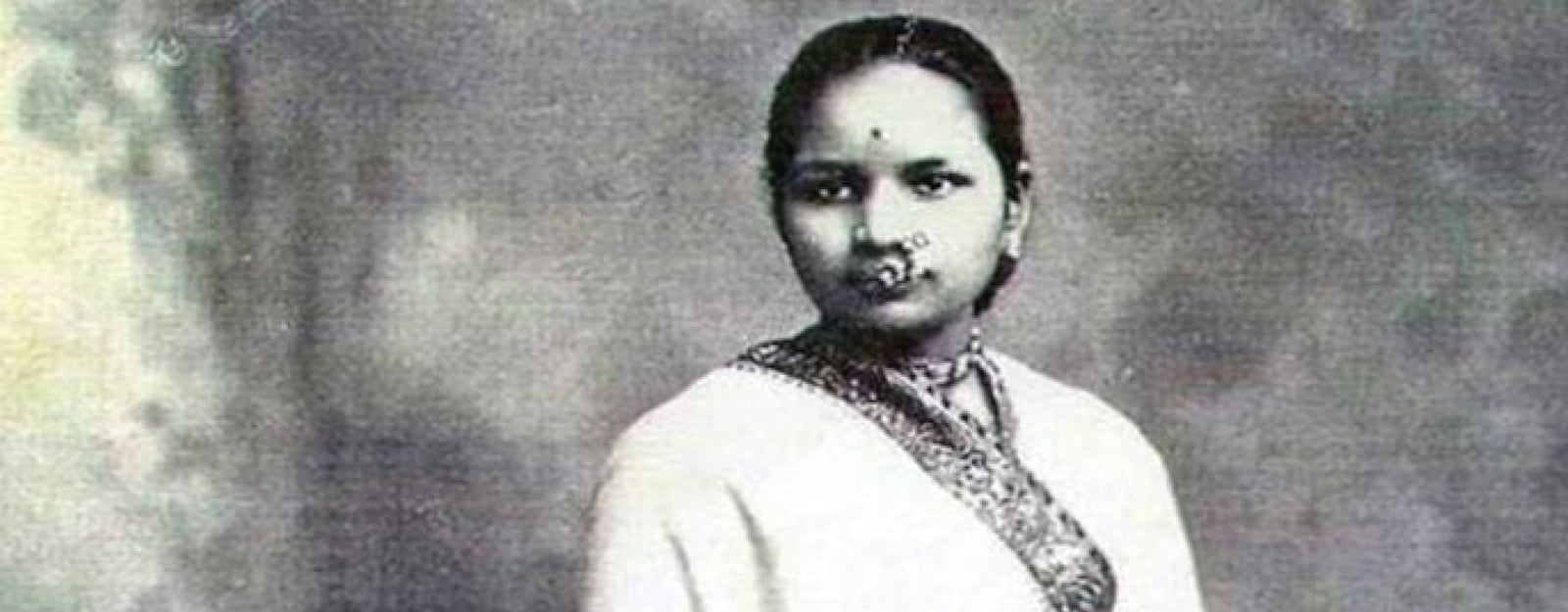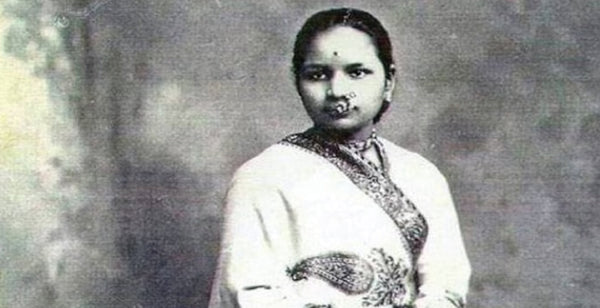In a world where education for women was once considered a distant dream, one brave soul dared to break through the barriers. Her name was Dr. Anandibai Gopalrao Joshi, and she became the first lady doctor in India, forever altering the future of women in medicine. At Knya, we believe in celebrating pioneers like Dr. Anandibai, whose courage and determination continue to inspire generations of healthcare professionals.
Let’s take you on a journey through her life, struggles, and achievements.
Early Life: A Childhood Marked by Challenges
Born on March 31, 1865, in Kalyan, Maharashtra, Anandibai's life was never easy. Like many girls of her time, she was married off early—at the tender age of nine—to Gopalrao Joshi, a much older man. While this may sound tragic today, Gopalrao turned out to be a rare progressive thinker. He deeply valued education, especially for women.
At a time when the idea of a woman stepping into a classroom was frowned upon, Anandibai dared to dream. Encouraged by Gopalrao, she embarked on a journey that would eventually make her a symbol of women's empowerment in India.
Click here to Explore All Women's Scrubs and discover our complete collection of comfortable and stylish medical apparel
The Spark That Lit the Fire
The loss of her child due to lack of medical facilities profoundly impacted Anandibai. It was a heart-wrenching moment that ignited her passion for medicine. She vowed to study medicine so that she could help other women and children, who suffered silently due to the lack of female doctors.
Overcoming Barriers: A Woman’s Quest for Education
Imagine a young Indian woman traveling alone to a foreign country to study medicine — in the 19th century! The societal backlash was brutal. Anandibai faced:
- Social ostracism
- Criticism for crossing the 'seas'
- Health issues
- Financial difficulties
But with her fierce determination, she didn’t waver. With support from Gopalrao and generous benefactors, she managed to secure admission to the prestigious Woman’s Medical College of Pennsylvania in the United States.
Pursuing Medical Studies in the United States
Anandibai’s years in America were far from easy. Battling language barriers, cultural shocks, and her deteriorating health due to the harsh climate, she pressed on.
In 1886, she achieved what many thought impossible — she graduated with a medical degree, making her the first Indian woman physician with formal training in Western medicine.
Her thesis, "Obstetrics among the Aryan Hindoos," was groundbreaking. It blended Western medicine with insights into Indian traditions, bridging two different worlds with remarkable sensitivity and scholarship.
Her Return to India: A Hero’s Welcome
When Dr. Anandibai returned to India, she was celebrated as a national hero. She was appointed as the Physician-in-Charge of the Female Ward at Albert Edward Hospital in Kolhapur, Maharashtra. However, her career was tragically short-lived. Battling tuberculosis, her health declined rapidly, and she passed away in 1887, at just 22 years old.
Despite her short life, Anandibai’s achievements left a deep, lasting impact on Indian society.
Anandibai’s Legacy: Lighting the Way for Future Generations
Dr. Anandibai Gopalrao Joshi opened doors for countless women. Thanks to her trailblazing efforts:
- Women began to seek education more actively.
- Female medical practitioners became more acceptable in Indian society.
- She inspired countless young girls to pursue dreams that once seemed impossible.
Today, her story is celebrated not just in India, but around the world. Monuments, awards, and even commemorative stamps honor her extraordinary contribution to women’s rights and medicine.
Ready to explore our amazing scrubs collection? Browse the best here
Why Anandibai’s Story Matters Today
At Knya, where we design high-quality medical scrubs, doctor lab coats, and surgical caps for healthcare professionals, we draw inspiration from pioneers like Dr. Anandibai.
In a modern healthcare setting, where comfort and professionalism matter, especially for women who juggle multiple roles, her story is a beacon of hope and perseverance.
Conclusion
Dr. Anandibai Gopalrao Joshi wasn’t just the first lady doctor in India—she was a revolution in herself. Her life teaches us that no barrier is too big, no dream too distant. At Knya, we salute her indomitable spirit that continues to inspire medical students and healthcare professionals today.
As healthcare evolves and women continue to break new ground, remembering trailblazers like Anandibai reminds us of the power of resilience, education, and courage. She showed us that a single determined woman can change the course of history.














